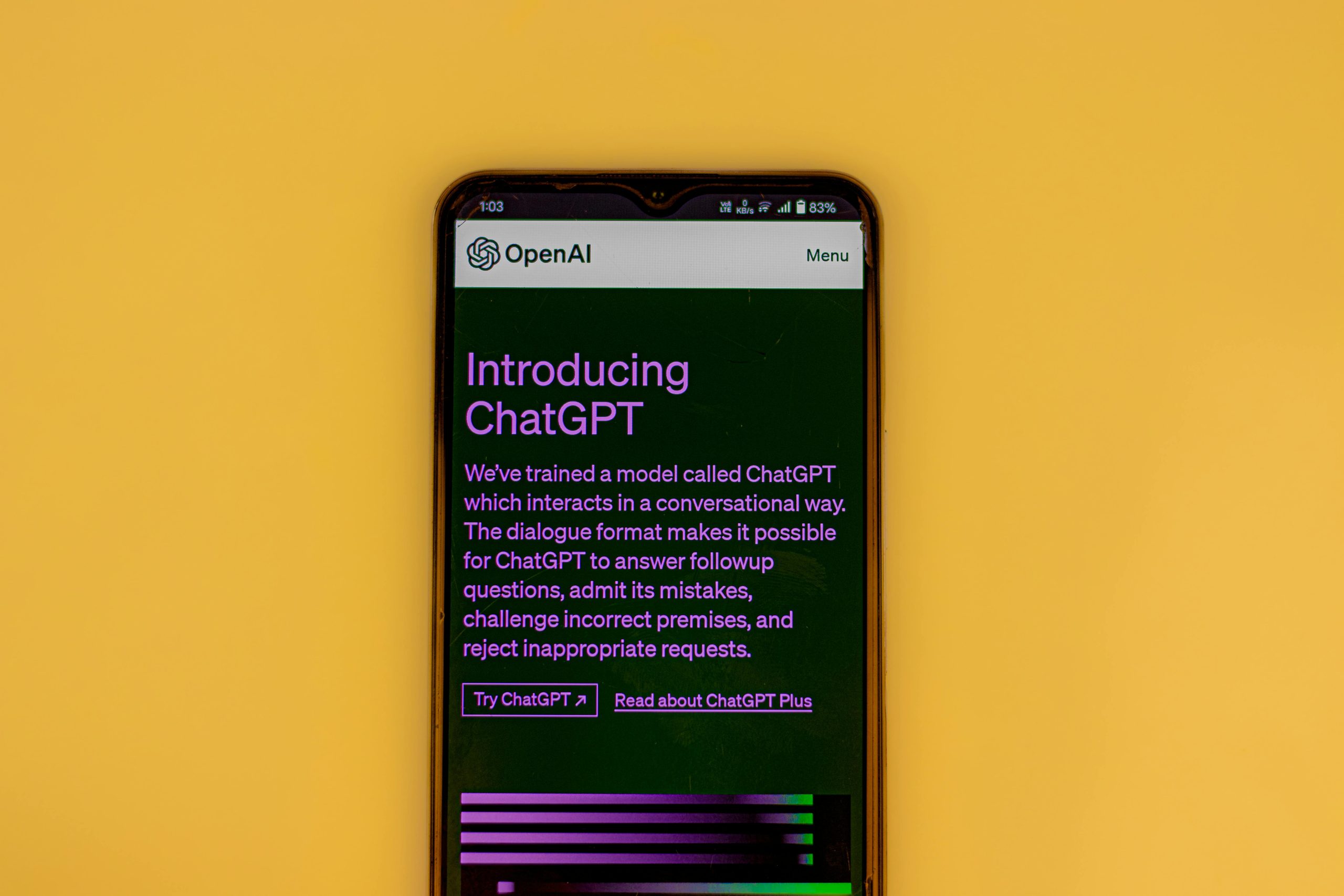OpenAI, You’re Breaking the Trust of Your Most Loyal Users
OpenAI’s Recent Changes Risk Alienating Its Most Loyal Users
In the rapidly evolving landscape of AI-driven tools, trust and consistency are paramount. Long-term users, especially those integrated deeply into their workflows, develop a nuanced relationship with platforms like OpenAI. When that relationship is disrupted, it can lead to frustration and disillusionment — a risk that OpenAI must recognize if it hopes to maintain its dedicated user base.
A Deep Commitment Over Years, Now Challenged
For many, integrating OpenAI’s language models into daily tasks represented more than a casual experiment; it was a strategic partnership. Say, three years of rigorous use, adapting workflows, and trusting the platform despite occasional quirks, signifies a long-term commitment. Users built workflows around its capabilities and learned to accept certain imperfections because, overall, the tool enhanced productivity.
However, recent updates and interface changes have begun to erode that trust. Instead of the seamless experience that once enabled focus and efficiency, users now encounter frequent preambles, paternalistic filters, and interruptions—elements that break concentration and disrupt their established rhythm.
The Impact of Disruption on Productivity
For professionals and developers whose work hinges on consistency, these interruptions are more than mere annoyances—they are barriers. The expectation was a smooth conversational experience. Instead, many now face uncertainty before each interaction: “Will the AI cooperate today, or will it lecture me about protocols?” Such unpredictability compromises the core value proposition.
When Trust Is Betrayed, Frustration Grows
After years of use, contemplating abandoning the tool isn’t taken lightly. Recognizing the frustration as a red flag underscores a critical point: when a product no longer lightens the user’s workload but adds stress, the relationship is fundamentally strained.
This phenomenon highlights a broader truth in technology adoption—the importance of maintaining trust through consistency and user-centric design. When these elements falter, users don’t just become temporarily annoyed; they consider switching to alternatives.
The Risk of Losing Loyal Users
OpenAI’s most dedicated users are its foundation—developers and professionals who have committed years to optimize their workflows around its platform. If enough of these users opt to walk away due to dissatisfaction, it could significantly diminish OpenAI’s influence and reputation in the tech community.
Conclusion
As OpenAI continues to innovate and evolve, prioritizing user trust and experience is crucial. Maintaining a balance between introducing new features and preserving the core strengths that loyal users rely on is essential. Otherwise, the














Post Comment